
Tozeur: Oasis of Culture and Adventure
Nestled in the southwestern part of Tunisia, Tozeur is a city that captivates with its unique blend of natural beauty and rich cultural heritage. Known as the gateway to the Sahara Desert, Tozeur offers an unforgettable experience for those seeking both tranquility and adventure. The city's historic medina, with its intricate brickwork and bustling souks, invites you to explore its narrow alleys and discover its hidden gems. Tozeur is also famous for its lush palm groves, which stretch as far as the eye can see. These verdant oases provide a stark contrast to the surrounding desert landscape, creating a picturesque setting that is perfect for relaxation and photography. Don't miss the opportunity to visit the Chott el-Jerid, a vast salt flat that dazzles with its surreal, mirage-like reflections. For those interested in history, Tozeur offers several fascinating museums and historical sites. The Dar Chrait Museum showcases traditional Tunisian art and artifacts, while the ancient ruins of the Roman outpost at Nefta provide a glimpse into the region's storied past. Tozeur is also a starting point for excursions into the Sahara, where you can experience the awe-inspiring beauty of the desert dunes and the serenity of its starry nights.
Local tips in Tozeur
- Visit during the cooler months from October to April to avoid the extreme heat.
- Wear comfortable walking shoes for exploring the medina and palm groves.
- Carry plenty of water and sunscreen, especially if you plan to visit the desert.
- Hire a local guide for a more insightful experience of the desert and historical sites.
- Try the local dates, which are some of the best in the world.
Tozeur: Oasis of Culture and Adventure
Nestled in the southwestern part of Tunisia, Tozeur is a city that captivates with its unique blend of natural beauty and rich cultural heritage. Known as the gateway to the Sahara Desert, Tozeur offers an unforgettable experience for those seeking both tranquility and adventure. The city's historic medina, with its intricate brickwork and bustling souks, invites you to explore its narrow alleys and discover its hidden gems. Tozeur is also famous for its lush palm groves, which stretch as far as the eye can see. These verdant oases provide a stark contrast to the surrounding desert landscape, creating a picturesque setting that is perfect for relaxation and photography. Don't miss the opportunity to visit the Chott el-Jerid, a vast salt flat that dazzles with its surreal, mirage-like reflections. For those interested in history, Tozeur offers several fascinating museums and historical sites. The Dar Chrait Museum showcases traditional Tunisian art and artifacts, while the ancient ruins of the Roman outpost at Nefta provide a glimpse into the region's storied past. Tozeur is also a starting point for excursions into the Sahara, where you can experience the awe-inspiring beauty of the desert dunes and the serenity of its starry nights.
When is the best time to go to Tozeur?
Iconic landmarks you can’t miss
Chak Wak Park
Discover the beauty and culture of Tunisia at Chak Wak Park, Tozeur's serene oasis with lush landscapes and engaging exhibits.
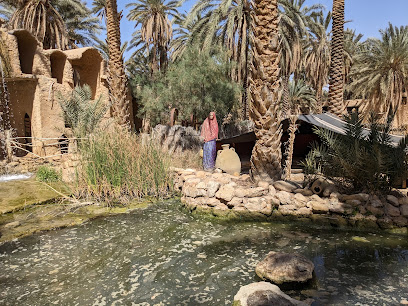
Palm Beach Palace
Experience luxury and tranquility at Palm Beach Palace, a premier hotel in Tozeur, Tunisia, offering exquisite dining and stunning landscapes.

Dar Cherait Museum
Explore the rich cultural tapestry of Tunisia at Dar Cherait Museum, where history and tradition come alive in Tozeur.
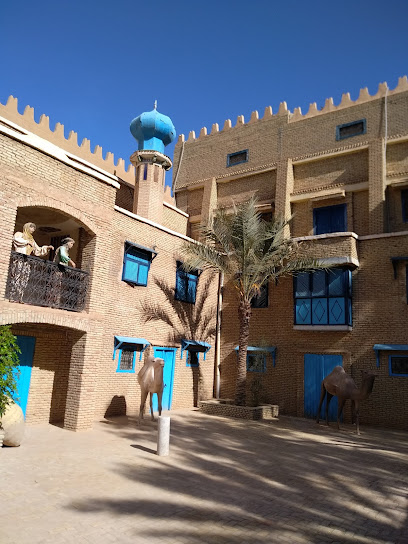
Ksar Rouge
Discover the charm of Tozeur at Ksar Rouge, where traditional Tunisian hospitality meets modern luxury in a stunning desert oasis.
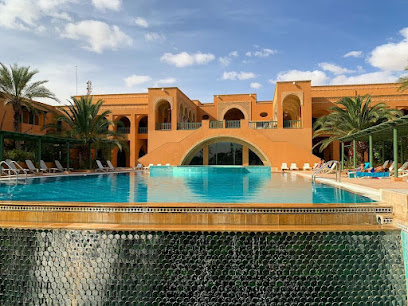
Eden Palm
Explore Eden Palm, a captivating heritage museum in Tozeur, Tunisia, showcasing the rich culture and history of the region amidst stunning natural beauty.
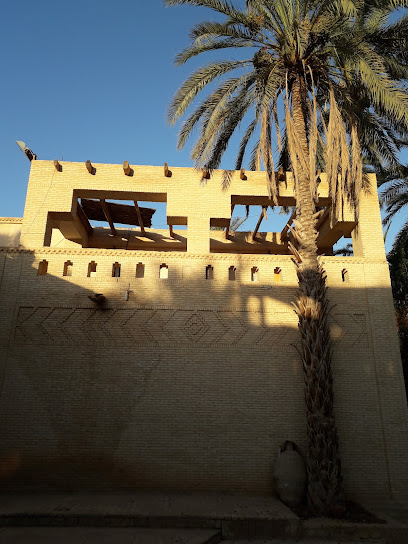
Medina of Tozeur
Discover the rich heritage of the Medina of Tozeur, a vibrant historical landmark in Tunisia, showcasing stunning architecture and local culture.
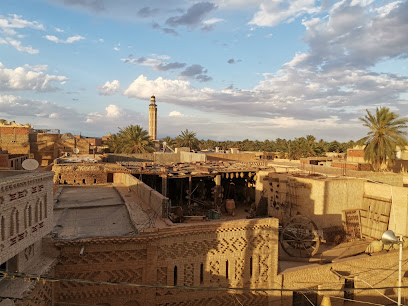
Sahara Lounge
Discover the serenity of Sahara Lounge in Tozeur, where lush surroundings meet delightful flavors for a unique Tunisian experience.
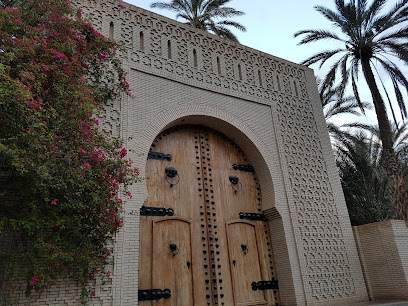
Dar Tozeur
Experience luxury and local culture at Dar Tozeur, your oasis in El Hawadef, Tunisia, with exceptional dining and rejuvenating spa services.
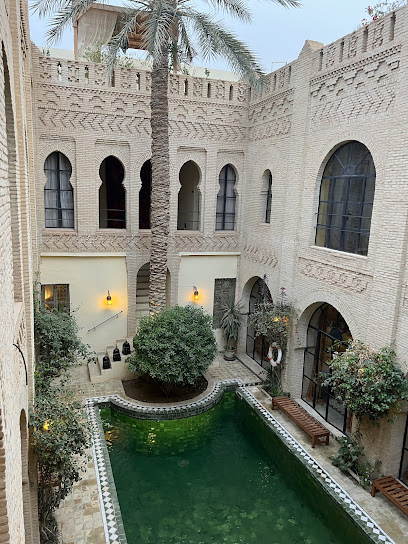
Résidence Le Ruisseau
Experience the charm of Tozeur at Résidence Le Ruisseau, your comfortable retreat in the heart of Tunisia's stunning landscapes.

L'îlot Palmiers
Experience the serene beauty of L'île Palmiers in Tozeur, where nature meets comfort in charming camping cabins surrounded by lush palm groves.

Douar El Hafsi
Discover Douar El Hafsi in Tozeur: a vibrant retreat blending entertainment, local cuisine, and the beauty of Tunisia's Palmeraie.
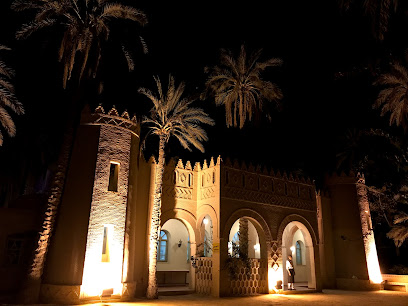
Mausoleum of Abou El Kacem Chebbi
Explore the Mausoleum of Abou El Kacem Chebbi in Tozeur, a serene tribute to Tunisia's beloved poet and a glimpse into the nation's rich literary heritage.
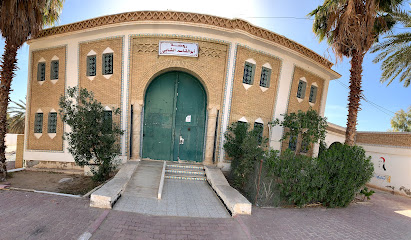
Mosque Al-Qasr of Bled El Hadhar
Explore the breathtaking beauty and rich heritage of the Mosque Al-Qasr of Bled El Hadhar in Tozeur, a must-visit destination for every traveler.
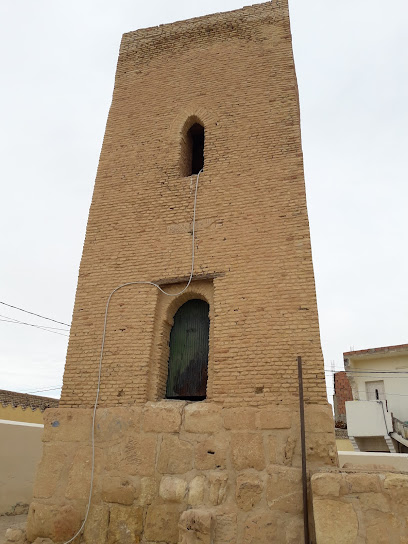
Planet Oasis
Discover tranquility at Planet Oasis, a serene lounge in Tozeur offering refreshing drinks and a warm atmosphere amidst stunning desert vistas.
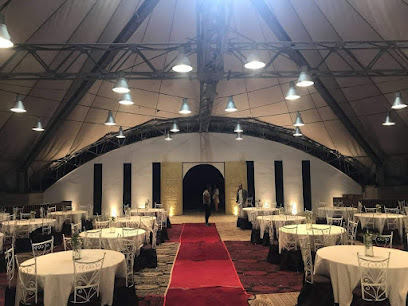
Abou El Kacem Chebbi Park
Explore Abou El Kacem Chebbi Park in Tozeur, a peaceful memorial park blending nature's beauty with rich historical significance.
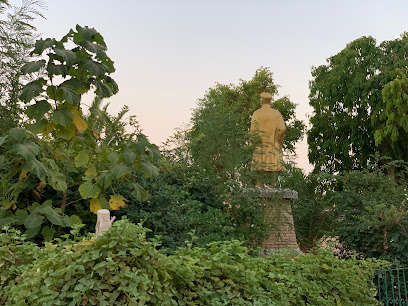
Unmissable attractions to see
Star Wars: Mos Espa
Discover the enchanting Star Wars: Mos Espa in Tunisia, a cinematic gem set in stunning desert landscapes, perfect for fans and explorers.
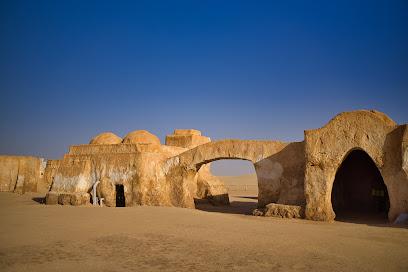
Chak Wak Park
Discover Chak Wak Park in Tozeur: a harmonious blend of nature and culture, perfect for family outings and cultural exploration.
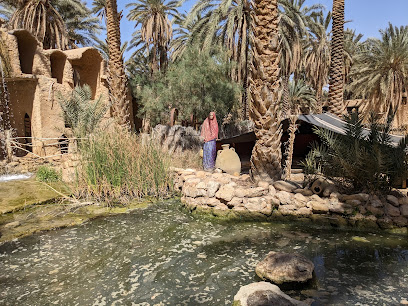
Dar Cherait Museum
Experience the allure of Tunisian culture at Dar Cherait Museum in Tozeur, where history comes alive through fascinating exhibits and artifacts.
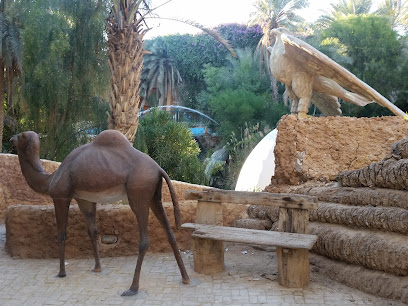
Medina of Tozeur
Explore the Medina of Tozeur, a historical gem in Tunisia filled with vibrant culture, stunning architecture, and delicious local cuisine.
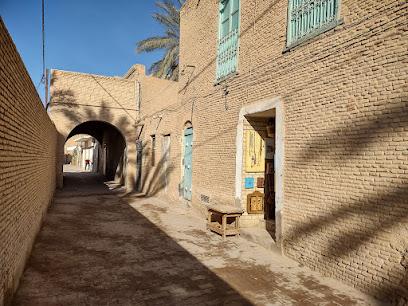
Eden Palm
Explore Eden Palm in Tozeur, Tunisia, a heritage museum celebrating the cultural and historical significance of palm trees in the region.
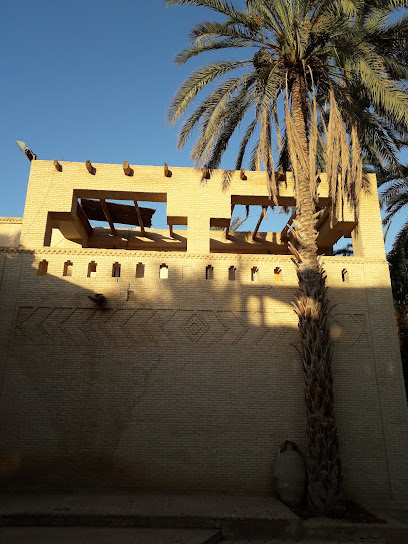
Sahara Lounge
Discover the serene charm of Sahara Lounge in Tozeur, where lush gardens meet the flavors of Tunisia in a perfect blend of relaxation and culture.
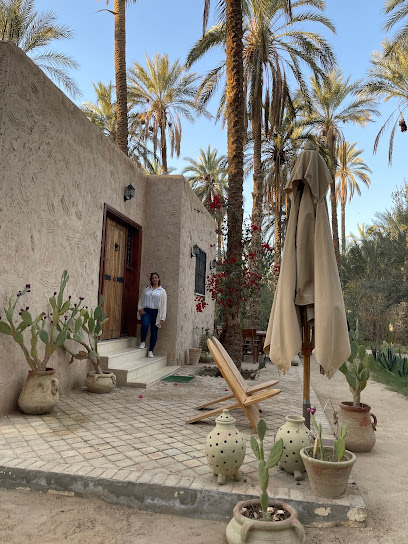
Djebel Sidi Bouhlel
Discover Djebel Sidi Bouhlel, a breathtaking hiking area in Bouhlel Sdada, Tunisia, known for its stunning landscapes and diverse trails.
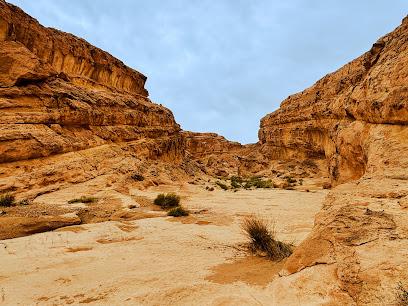
Desert Zoo Si Tijani Bejghil
Explore Desert Zoo Si Tijani Bejghil in Tozeur for an unforgettable encounter with unique desert wildlife and conservation education.
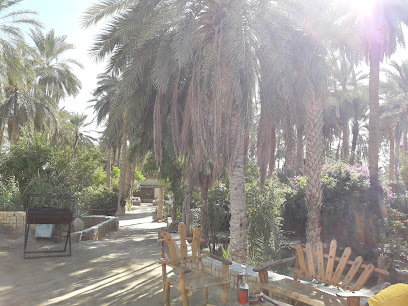
Abou El Kacem Chebbi Park
Explore the tranquil Abou El Kacem Chebbi Park in Tozeur, a serene memorial park celebrating Tunisian heritage and natural beauty.
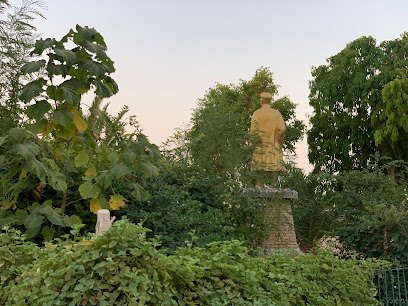
Essential places to dine
Restaurant Dar Deda ⵍⵇⵀⵡⴰ ⵄⵉⵜ ⴷⴻⴷⴰ
Discover authentic Tunisian cuisine at Restaurant Dar Deda in Tozeur—where tradition meets flavor in every dish.
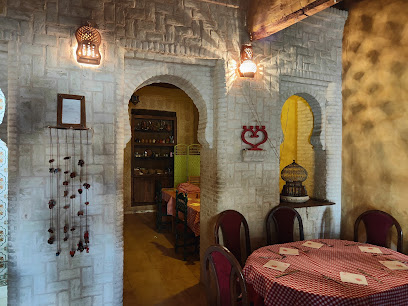
مطعم الشمس
Experience authentic Tunisian cuisine at مطعم الشمس in Tozeur - where every dish tells a story!
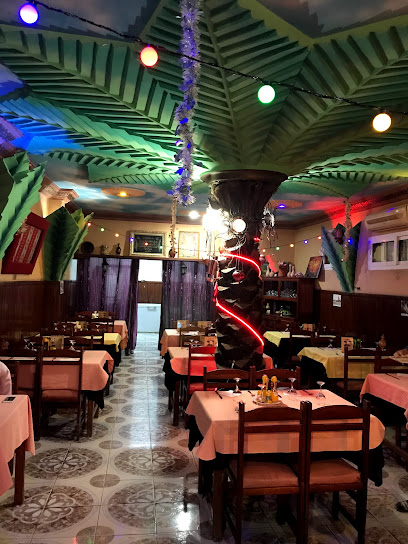
Restaurant De La République Tozeur
Experience the rich tapestry of Tunisian cuisine at Restaurant De La République Tozeur, where traditional dishes meet warm hospitality.
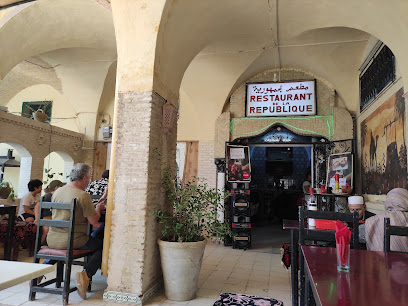
Restaurant les Arcades
Experience authentic Tunisian cuisine at Restaurant les Arcades in Tozeur – where every meal is a celebration of flavor.
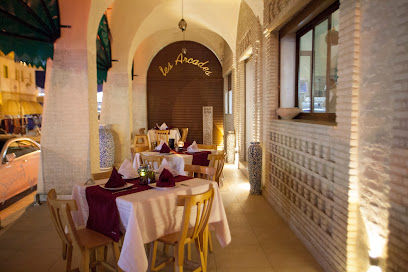
Scoop Café-Resto
Discover delightful Tunisian flavors at Scoop Café-Resto in Tozeur, where every meal tells a story.
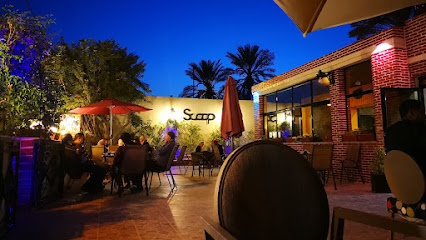
Taxi Pizza
Discover the taste of authentic Tunisian pizza at Taxi Pizza in Tozeur – where flavor meets tradition!
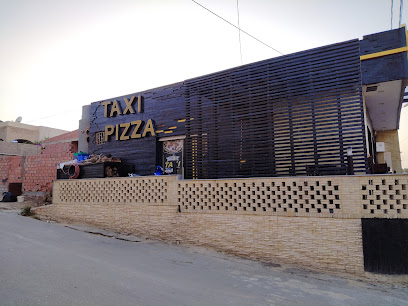
Le Minaret Ferkous
Discover authentic Tunisian flavors at Le Minaret Ferkous – where traditional Arab cuisine meets a cozy coffee shop vibe in Tozeur.
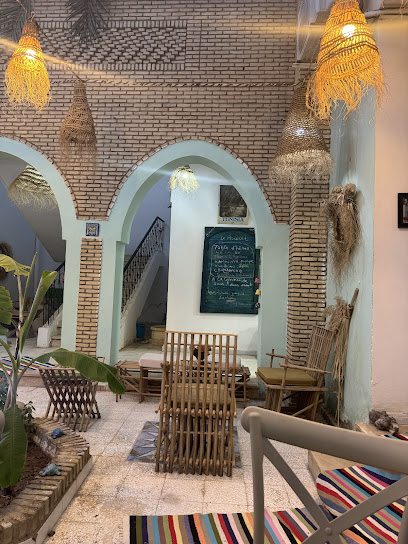
Restaurant Tisouros
Experience authentic Tunisian cuisine at Restaurant Tisouros in Tozeur - where tradition meets flavor.
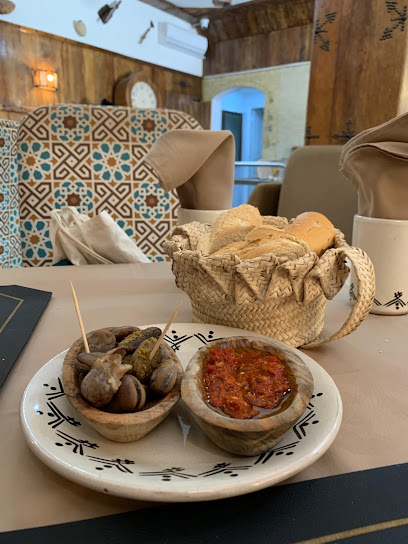
Tozeriana Restaurant
Experience authentic Tunisian cuisine at Tozeriana Restaurant in the heart of Tozeur – where every dish tells a story.
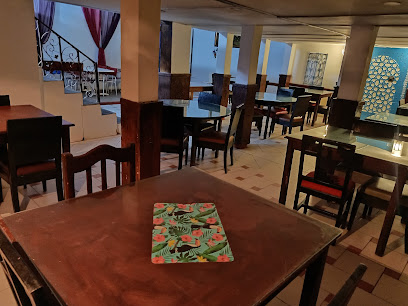
Restaurant Chak Wak
Experience authentic Tunisian flavors at Restaurant Chak Wak in Tozeur – a culinary delight for every traveler.
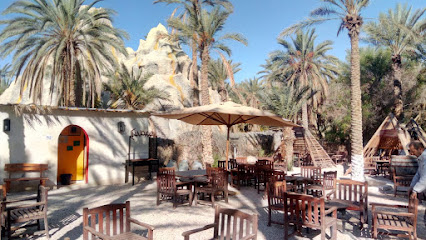
La Grotte Restaurant
Experience authentic Tunisian flavors at La Grotte Restaurant in Tozeur - where culinary tradition meets warm hospitality.
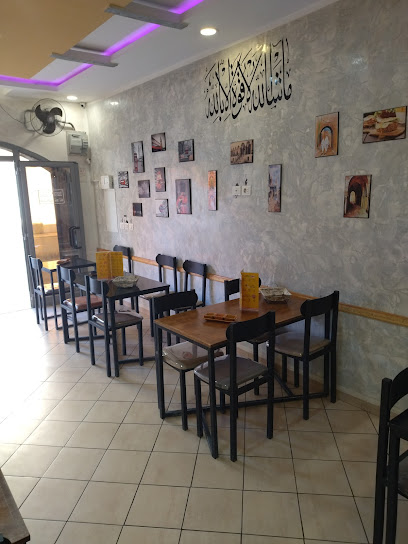
M7ar7er Fast Food
Experience the best of fast food in Tozeur at M7ar7er – where local flavors meet quick service.
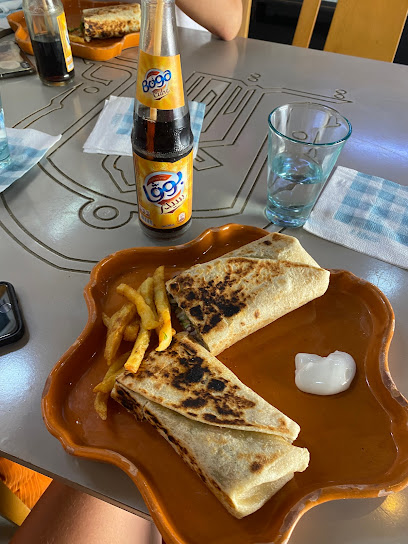
Resto Café El Berka
Experience authentic Tunisian flavors at Resto Café El Berka in Tozeur - where every dish tells a story.
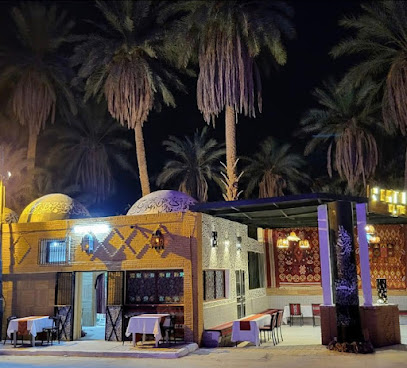
Essiguifa
Experience authentic Tunisian flavors at Essiguifa in Tozeur - a culinary gem offering traditional dishes and warm hospitality.
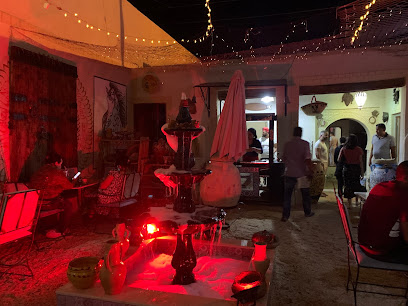
Douar El Hafsi
Experience authentic Tunisian flavors at Douar El Hafsi, where culinary delight meets vibrant entertainment in Tozeur's picturesque La Palmeraie.
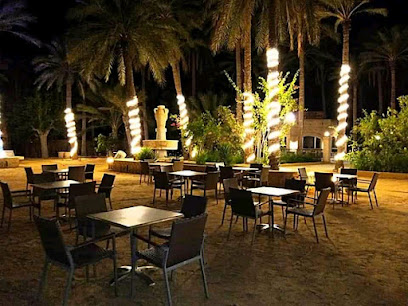
Markets, malls and hidden boutiques
Carrefour Market Tozeur
Explore Carrefour Market Tozeur for a unique shopping experience filled with local flavors and international favorites, perfect for every traveler.
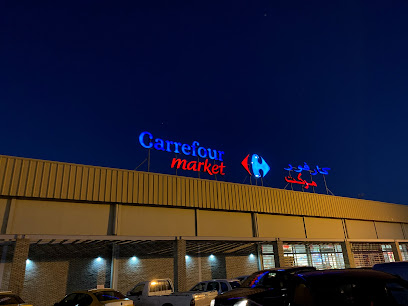
ALEF Boutique
Discover ALEF Boutique in Tozeur, where unique home goods and traditional Tunisian craftsmanship come together for the perfect souvenir shopping experience.
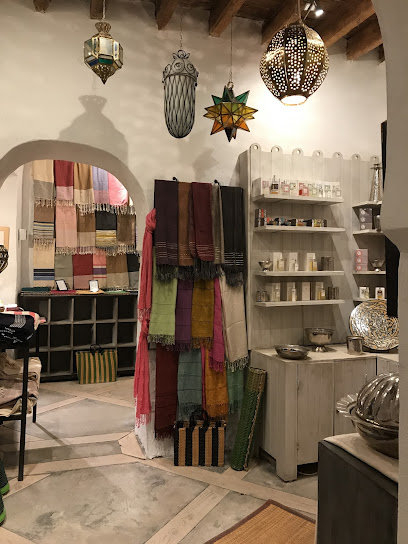
ZEN
Explore ZEN in Tozeur for a unique blend of traditional and modern Tunisian fashion that makes shopping an unforgettable experience.
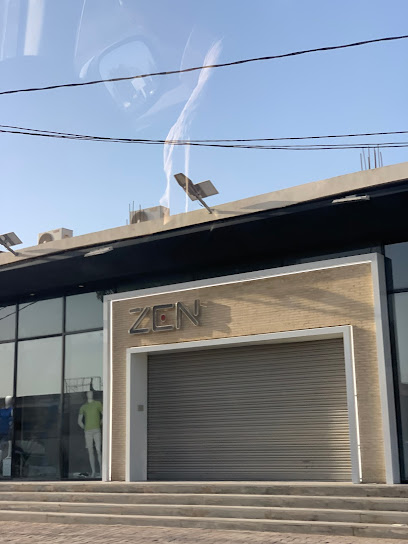
Scarpa Store
Explore the heart of Tozeur with stylish and comfortable footwear from Scarpa Store, your go-to destination for quality shoes.
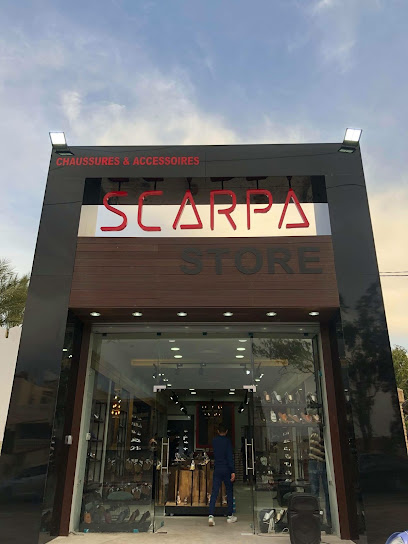
Dattier Nour Chez Othman
Experience the rich flavors of Tozeur at Dattier Nour Chez Othman, your go-to store for authentic Tunisian products and local crafts.
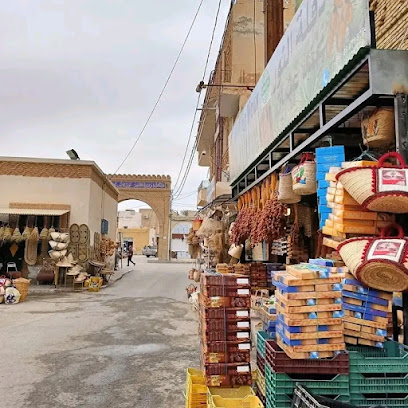
Idriss Home
Discover unique Tunisian crafts and home decor at Idriss Home, a charming store in Tozeur that showcases local artistry and culture.
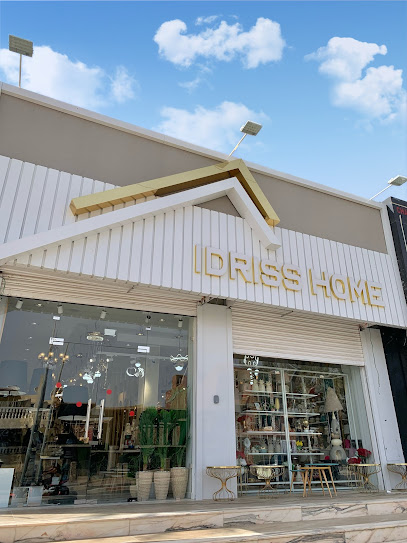
Village Artisanal de Tozeur Castilia
Discover the artistic treasures of Village Artisanal de Tozeur Castilia, where traditional Tunisian craftsmanship comes to life in unique handcrafted goods.
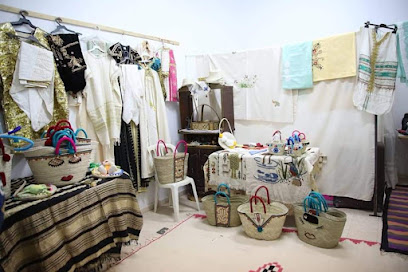
AYA Galerie
Explore AYA Galerie in Tozeur for unique home goods, showcasing the best of Tunisian craftsmanship and culture in an inviting shopping atmosphere.
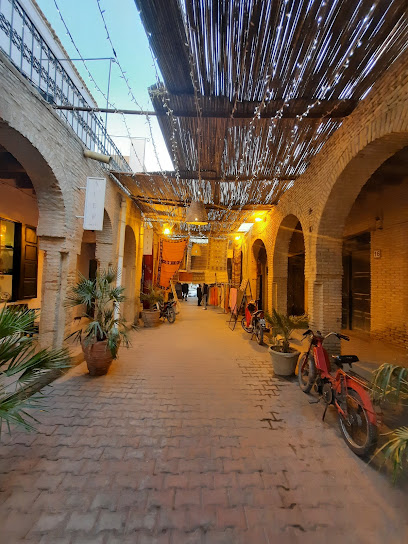
Kiosk Kamel
Experience the essence of Tunisian culture at Kiosk Kamel, a charming general store in Tozeur offering local products and refreshments.
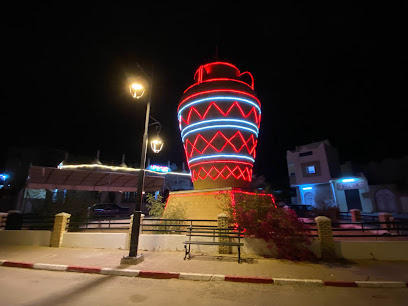
Infoshop Tozeur
Explore Infoshop Tozeur for the latest electronics and accessories, blending cutting-edge technology with local culture in the heart of Tunisia.
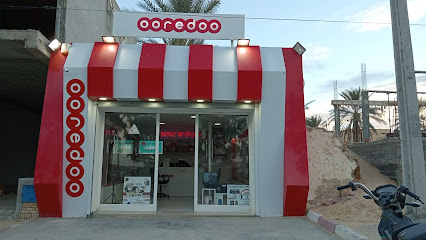
Boutique Prestige Masculin
Discover the elegance of men's fashion at Boutique Prestige Masculin in Tozeur, where style meets sophistication in a unique shopping experience.
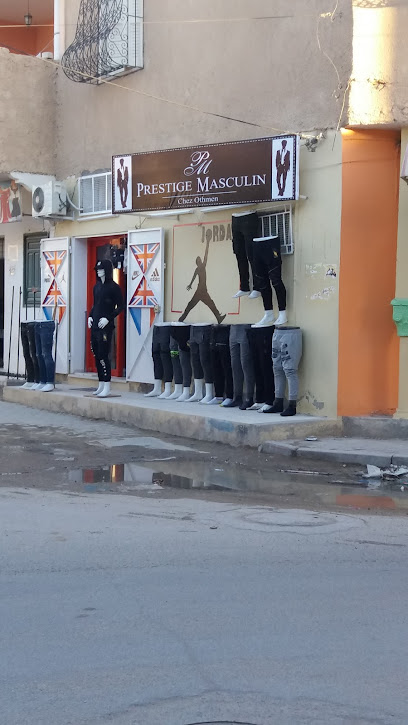
Magasin
Explore Magasin in Tozeur for authentic local crafts, unique souvenirs, and a glimpse into Tunisian culture, all in one charming store.
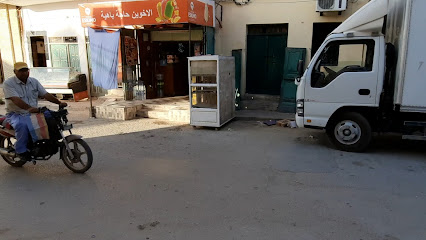
Kiosk
Discover the charm of Tozeur at this delightful kiosk, where local flavors and vibrant culture come together for an unforgettable experience.
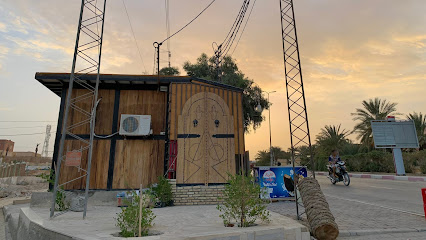
Produits Aycha
Explore Produits Aycha, Tozeur's premier variety store, for local goods, groceries, and authentic Tunisian souvenirs.
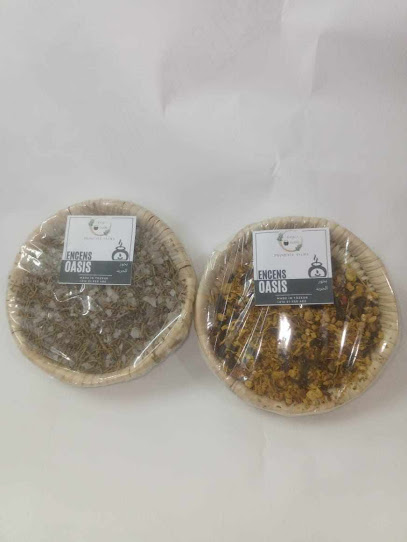
Sunshine Baby Store
Explore Sunshine Baby Store in Tozeur for trendy baby clothing and a delightful shopping experience in a vibrant local setting.

Essential bars & hidden hideouts
Restaurant Dar Deda ⵍⵇⵀⵡⴰ ⵄⵉⵜ ⴷⴻⴷⴰ
Experience the authentic flavors of Tunisia at Restaurant Dar Deda, Tozeur's premier destination for traditional cuisine.
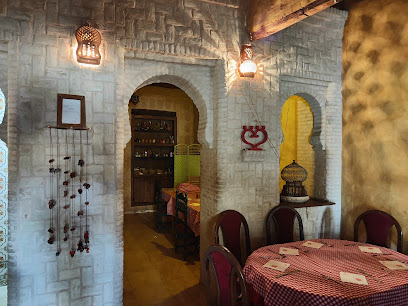
مطعم الشمس
Experience the rich flavors of traditional Tunisian cuisine at مطعم الشمس in Tozeur, a must-visit for food lovers and travelers alike.
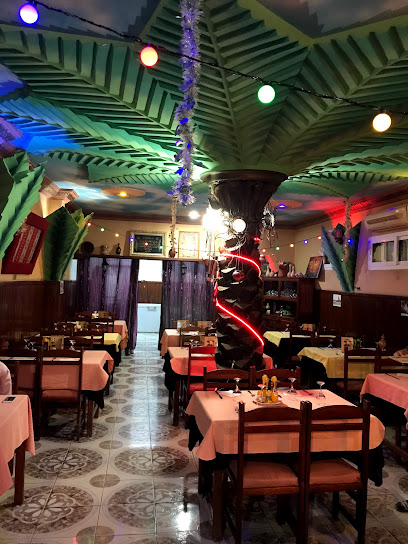
Café Berbère ⵜⴰⴱⴰⵔⵏⴻⵜ ⵜⴰⵎⴰⵣⵉⵖⵜ
Experience the heart of Berber culture at Café Berbère in Tozeur, where traditional flavors and warm hospitality meet.
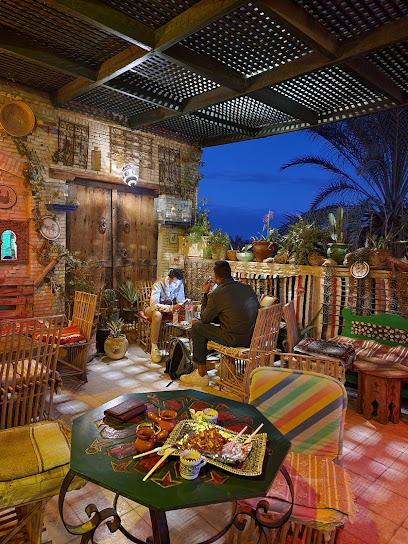
Restaurant De La République Tozeur
Savor the authentic tastes of Tunisia at Restaurant De La République Tozeur, where every dish tells a story of local culinary heritage.
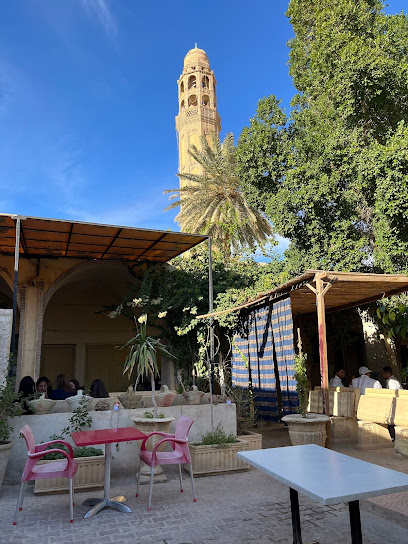
Sahara Lounge
Sahara Lounge: A serene escape in Tozeur featuring traditional teas and a tranquil ambiance amidst lush greenery.
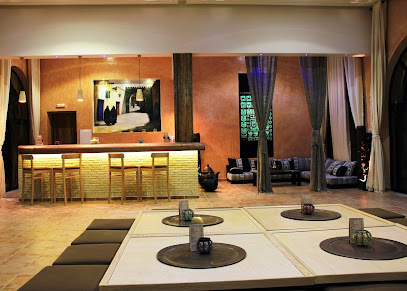
Restaurant les Arcades
Experience authentic Tunisian cuisine at Restaurant les Arcades in Tozeur, where warm hospitality meets vibrant flavors for an unforgettable dining experience.
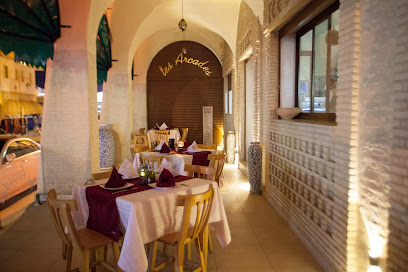
Restaurant Chak Wak
Experience the flavors of authentic Tunisian cuisine at Restaurant Chak Wak in Tozeur, where tradition meets culinary excellence.
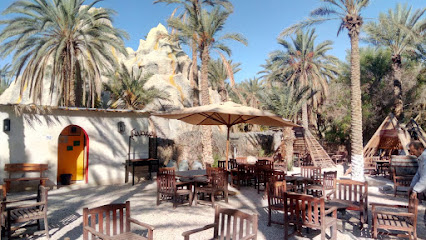
Centre de Loisirs Niffer
Experience the joy of family fun and relaxation at Centre de Loisirs Niffer, Tozeur's premier recreational destination.
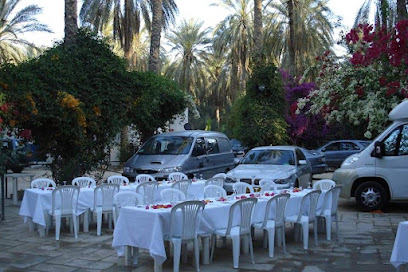
Douar El Hafsi
Experience the culinary delights of Douar El Hafsi in the heart of La Palmeraie de Tozeur, where local flavors meet a welcoming atmosphere.
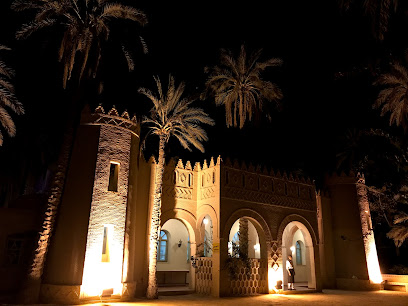
Babylone Lounge
Discover the inviting atmosphere of Babylone Lounge in Tozeur, where culture meets comfort in a perfect café setting.
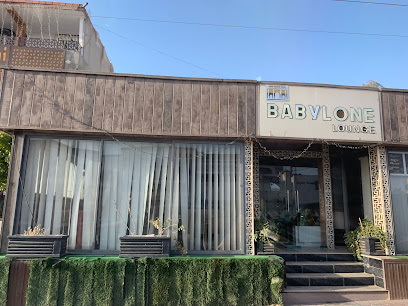
Bonzai Lounge Coffee
Discover the serene ambiance and delightful brews at Bonzai Lounge Coffee, an essential stop for tourists in Tozeur.
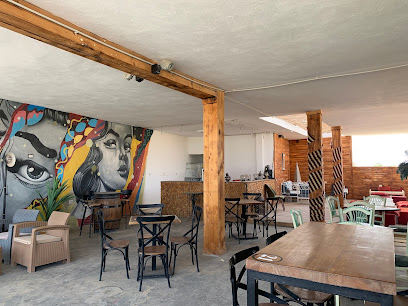
Le Palais
Experience the charm of Tozeur at Le Palais Hostel, where comfort meets cultural exploration in the heart of Tunisia.
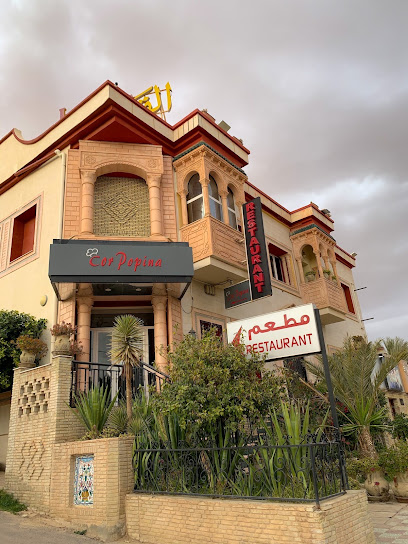
Restaurant Castilia
Experience the rich flavors of Tunisia at Restaurant Castilia, a culinary haven in Tozeur, blending tradition and innovation in every dish.
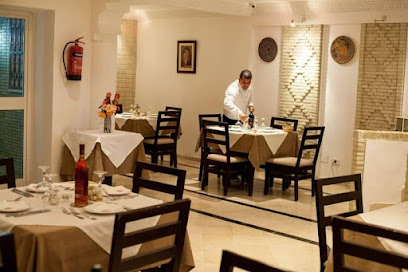
Le Petit Prince
Experience the charm of Le Petit Prince in Tozeur, where local culture meets a cozy bar atmosphere for an unforgettable evening.
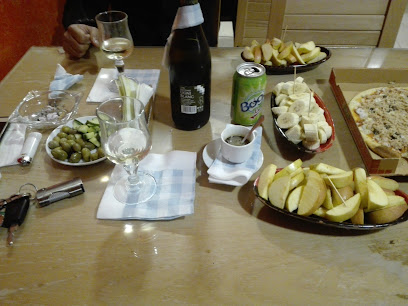
Local Phrases
-
- Helloمرحبا
[marhaba] - Goodbyeوداعا
[wada'an] - Yesنعم
[naam] - Noلا
[la] - Please/You're welcomeمن فضلك
[min fadlik] - Thank youشكرا
[shukran] - Excuse me/Sorryعذرا
['udhran] - How are you?كيف حالك؟
[kayfa halak?] - Fine. And you?بخير. وأنت؟
[bikhayr. wa ant?] - Do you speak English?هل تتحدث الإنجليزية؟
[hal tatahadath al'inglizia?] - I don't understandلا أفهم
[la afham]
- Helloمرحبا
-
- I'd like to see the menu, pleaseأود أن أرى القائمة، من فضلك
[awad an ara alqaimah, min fadlik] - I don't eat meatأنا لا آكل اللحوم
[ana la aakul allahum] - Cheers!في صحتك!
[fi sahtak!] - I would like to pay, pleaseأريد أن أدفع، من فضلك
[urid an adfa', min fadlik]
- I'd like to see the menu, pleaseأود أن أرى القائمة، من فضلك
-
- Help!النجدة!
[alnajdah!] - Go away!انصرف!
[ansarf!] - Call the Police!اتصل بالشرطة!
[atassil bialshurta!] - Call a doctor!اتصل بطبيب!
[atassil bitabib!] - I'm lostضاعت الطريق
[da'at altariq] - I'm illأنا مريض
[ana mareed]
- Help!النجدة!
-
- I'd like to buy...أريد أن أشتري...
[urid an ashtari...] - I'm just lookingأنا فقط أتطلع
[ana faqat atatallu'] - How much is it?بكم هذا؟
[bikam hatha?] - That's too expensiveهذا غالي جدا
[hatha ghali jiddan] - Can you lower the price?هل يمكنك تخفيض السعر؟
[hal yumkinuk takhfid alsu'r?]
- I'd like to buy...أريد أن أشتري...
-
- What time is it?كم الساعة؟
[kam alsaa'a?] - It's one o'clockالساعة الواحدة
[alsa'ah alwahidah] - Half past (10)العاشرة والنصف
[al'ashirah walnisf] - Morningالصباح
[assabah] - Afternoonالمساء
[almasa'] - Eveningالليل
[allayl] - Yesterdayأمس
[ams] - Todayاليوم
[alyawm] - Tomorrowغدا
[ghadan] - 1واحد
[wahid] - 2اثنان
[ithnan] - 3ثلاثة
[thalatha] - 4أربعة
[arba'ah] - 5خمسة
[khamsah] - 6ستة
[sittah] - 7سبعة
[sab'ah] - 8ثمانية
[thamaniah] - 9تسعة
[tis'ah] - 10عشرة
[asharah]
- What time is it?كم الساعة؟
-
- Where's a/the...?أين ...؟
[ayn ...?] - What's the address?ما هو العنوان؟
[ma huwa al'anaan?] - Can you show me (on the map)?هل يمكنك أن تريني (على الخريطة)؟
[hal yumkinuk an tarini (ala alkhareeta)?] - When's the next (bus)?متى الحافلة القادمة؟
[mata alhafilah alqadimah?] - A ticket (to ....)تذكرة (الى ...)
[tadhkirah (ila ...)]
- Where's a/the...?أين ...؟
History of Tozeur
-
Tozeur's history stretches back to ancient times, with archaeological evidence suggesting human presence as far back as the Neolithic period. The region's fertile oasis made it a strategic location for early settlers. The ancient Berber tribes were among the first to cultivate the land, utilizing the natural springs to develop sophisticated irrigation techniques.
-
During the Roman Empire, Tozeur was known as Tusuros. The Romans recognized the strategic and agricultural value of the oasis and established a presence here. They built roads and fortifications, integrating Tozeur into the broader network of Roman Africa. Remnants of Roman architecture and artifacts can still be found in the area, reflecting this period of prosperity and connectivity.
-
The 7th century brought the Islamic conquest to North Africa, and Tozeur was no exception. The spread of Islam profoundly influenced the region's culture, architecture, and societal structure. Tozeur became an important stop for caravans traveling between the Maghreb and the Sahara. The construction of mosques and madrasas during this time left a lasting architectural legacy.
-
In the medieval period, Tozeur flourished as a bustling trade hub. Its location on the trans-Saharan trade routes made it a crucial point for commerce. Goods such as dates, salt, and textiles were traded extensively. The wealth generated from trade led to the construction of elaborate homes and public buildings, many of which feature the distinctive brickwork that Tozeur is known for today.
-
In the late 19th and early 20th centuries, Tunisia became a French protectorate, and Tozeur experienced significant changes. The French introduced modern infrastructure, including roads and railways, which facilitated better connectivity with the rest of Tunisia and beyond. However, this period also saw the exploitation of local resources and a push towards modernization that sometimes clashed with traditional ways of life.
-
After gaining independence from France in 1956, Tunisia, including Tozeur, embarked on a path of national development. Efforts were made to modernize agriculture, improve infrastructure, and promote tourism. Tozeur's unique cultural heritage and natural beauty became a focal point for attracting visitors. The government invested in preserving historical sites and promoting the region's rich history.
-
Today, Tozeur is celebrated for its cultural heritage and as a prime destination for tourists. The traditional souks, historic medina, and the stunning Chott el-Jerid salt flats draw visitors from all over the world. The city continues to balance its ancient traditions with the demands of modern tourism, offering a unique glimpse into Tunisia's diverse history and culture.
Tozeur Essentials
-
Tozeur is located in southwestern Tunisia, near the border with Algeria. The nearest international airport is Tozeur–Nefta International Airport, which is about 4 kilometers from the city center. Flights are available from major cities like Tunis and Paris. Alternatively, you can take a train from Tunis to Tozeur, which offers a scenic journey through the Tunisian countryside and takes approximately 7 to 8 hours. Buses and shared taxis (louages) also operate between Tunis and Tozeur, providing budget-friendly options for travelers.
-
Getting around Tozeur is relatively easy. The city is small enough that many attractions are within walking distance. For longer journeys, taxis are readily available and reasonably priced. There are also local buses that connect various parts of the city and nearby villages. Renting a car can be a convenient option for exploring the surrounding areas, including the Sahara Desert and the Atlas Mountains.
-
The official currency in Tunisia is the Tunisian Dinar (TND). Credit cards are widely accepted in hotels, restaurants, and larger shops. However, it's advisable to carry some cash, especially when visiting smaller establishments and markets. ATMs are available throughout Tozeur, and exchanging foreign currency is possible at local banks and exchange offices.
-
Tozeur is generally a safe destination for tourists, but standard precautions should be taken. Avoid walking alone at night, especially in poorly lit areas. Be cautious of your belongings in crowded places such as markets. While Tozeur has a low crime rate, it's always best to stay vigilant and aware of your surroundings. There are no specific high-crime areas targeting tourists, but it’s wise to exercise common sense.
-
In case of emergency, dial 197 for police assistance, 190 for medical emergencies, and 198 for fire services. The local police station and medical facilities are available in Tozeur. It is recommended to have travel insurance that covers medical emergencies. For minor health issues, there are pharmacies in the city where you can purchase over-the-counter medications.
-
Fashion: Do dress modestly, especially when visiting religious sites. Avoid wearing overly revealing clothing. Religion: Do respect local customs and traditions. Avoid public displays of affection. Public Transport: Do be respectful and give up your seat to elderly passengers. Don't eat or drink on public transport. Greetings: Do greet people with a smile or a handshake. A polite 'Salam Alaikum' (Peace be upon you) is often appreciated. Eating & Drinking: Do try local delicacies and accept food offerings graciously. Don’t refuse hospitality, as it is considered impolite.
-
To experience Tozeur like a local, visit the bustling local markets (souks) where you can find fresh produce, spices, and traditional Tunisian crafts. Engage with locals, who are often friendly and eager to share stories about their culture. Don't miss the opportunity to explore the ancient medina and the nearby Chott el Jerid salt flats. For a unique experience, take a camel ride at sunset or visit one of the traditional date palm groves.
Trending Landmark in Tozeur
Nearby Cities to Tozeur
-
Things To Do in Djerba
-
Things To Do in Sfax
-
Things To Do in Constantine
-
Things To Do in Sousse
-
Things To Do in Monastir
-
Things To Do in Annaba
-
Things To Do in Setif
-
Things To Do in Hammamet
-
Things To Do in Tunis
-
Things To Do in Bizerte
-
Things To Do in Bejaia
-
Things To Do in Sabratha
-
Things To Do in Tizi Ouzou
-
Things To Do in Tripoli
-
Things To Do in Algiers











